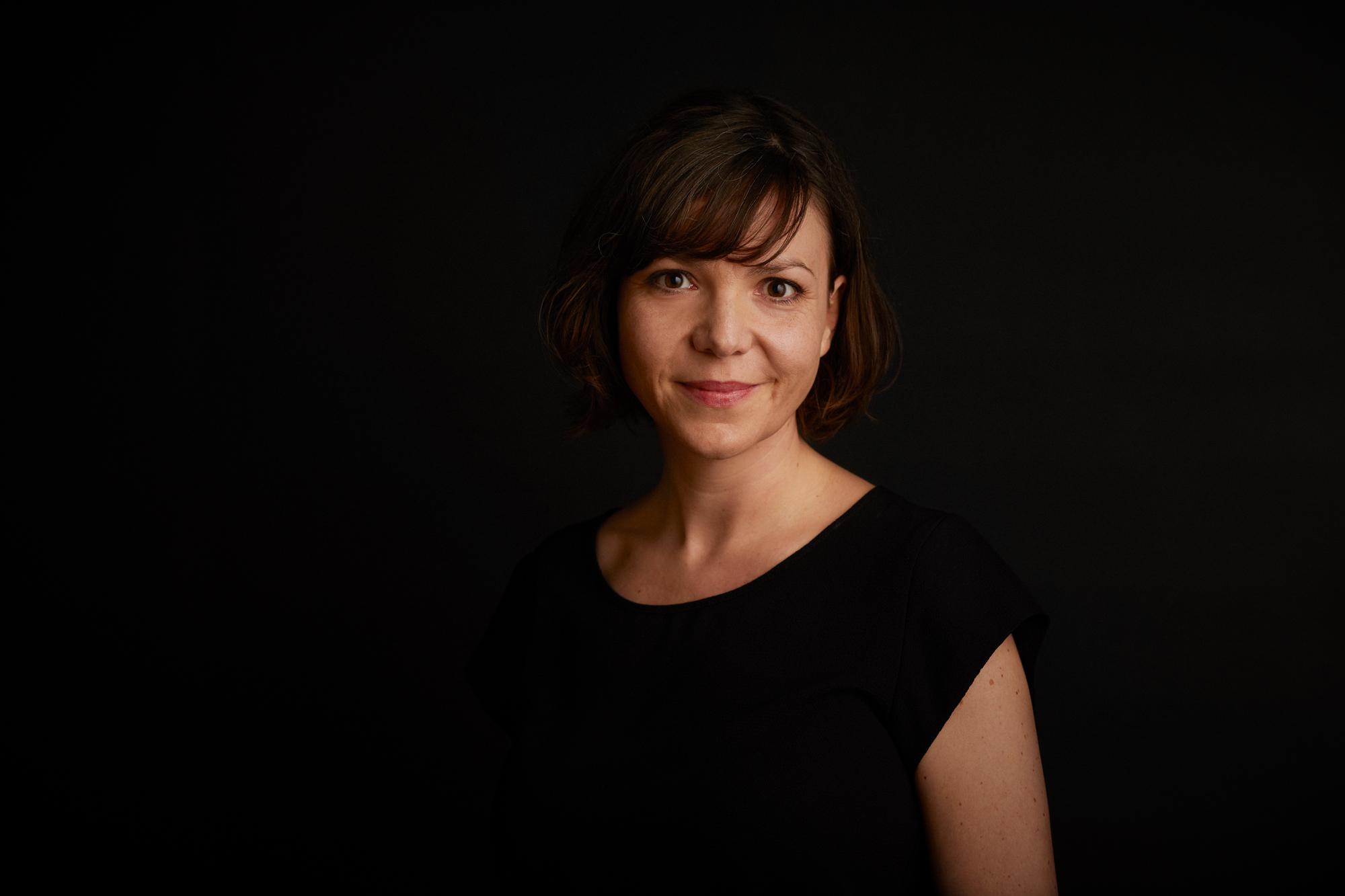Katarina Begus
Research leader

Project title
What motivates infant learning?
What is your project about?
My project will investigate curiosity, its mechanisms, and its development. Much of human behaviour is aimed at obtaining information, from reading a book to exploring new planets. This motivation for exploring and learning has enabled us to master our environment, discover and innovate, and is one of the main reasons for the fast progress of our species. However, although humans are characteristically curious, individuals differ greatly in how much information we seek and consume. Importantly, these differences affect how we learn, and are evident from early in development. Despite its impact on our life and wellbeing, there is little agreement on how to define, measure, or foster curiosity, nor on how it brings about learning. Why are we propelled to acquire new information? What are the mechanisms in our brain that best explain this? And what are the factors that shape how curious individuals are? This project will explore three potential mechanisms that may drive information seeking behaviours, and how these mechanisms are implemented in the brain. Moreover, these processes will be studied in babies, in the year when the first active information seeking behaviours emerge and are shaped by infants’ interactions with their environment. Doing so offers the exciting opportunity not only to uncover how curiosity works in the human brain and drives learning in general, but also how it develops, and what factors may influence its development. This project will explore three potential mechanisms that may drive information seeking behaviours, and how these mechanisms are implemented in the brain. Moreover, these processes will be studied in babies, in the year when the first active information seeking behaviours emerge and are shaped by babies’ interactions with their environment. Doing so offers the exciting opportunity not only to uncover how curiosity works in the human brain and drives learning in general, but also how it develops, and what factors may influence its development.
How did you become interested in your particular field of research?
Studying human cognition means that every person, including oneself, can be a source of inspiration for research. I imagine everyone has experienced that learning is much easier, and more fun, when you learn about a topic that you are interested in. Therefore, I could say that studying curiosity is simply a pursuit of my own curiosity. I find it fascinating how much energy, time, and money humans invest in obtaining information. Science itself is the best example of this. And because of science and technological advances, we now have the tools to study the very motivation that ultimately leads to discovery and innovation: curiosity.
What are the scientific challenges and perspectives in your project?
Curiosity is something we all intuitively understand and talk about, however there is very little scientific agreement about what curiosity actually is and how it brings about learning. By studying the neural mechanisms that motivate our search for information, this project will inform and advance our theories of curiosity, and the human mind more broadly. The second challenge is to investigate not only the mechanisms of curiosity, but also how they develop, and what may shape this development. By studying the same group of babies as they grow and interact with their surroundings, we can gain insights into how individuals come to differ in how curious they are, as well as what factors in their environment may shape these differences.
What is your estimate of the impact, which your project may have to society in the long term?
It has long been accepted that curiosity is crucial for success in education, and that pursuing our interests leads to general life satisfaction. Understanding how curiosity motivates learning, and what influences the development of this motivation, can therefore provide important information for parental, educational, and clinical practices on how to nurture curiosity throughout the lifespan.
Which impact do you expect the Sapere Aude programme will have on your career as a researcher?
I am honoured and excited to be given the opportunity to establish myself as a research leader under the Sapere Aude programme. I believe this is the ideal next step in my career, which will allow me to form my own independent line of research, mentor junior scientists, and gain further experience in teaching at University of Copenhagen.
Background and personal life
I am originally from Slovenia, and have since lived in UK, Hungary, USA, and now Denmark. I am lucky to have a supportive family, friends in many corners of the world, as well as two little nephews, who have been a constant source of inspiration and pride. My favourite leisure activities are diving, skiing, reading, dancing, and - more recently - sailing.
View all research leaders here
Research institution
University of Copenhagen
Research field
Infant cognition
City of your current residence
Copenhagen
High school
Tolmin, Slovenia
